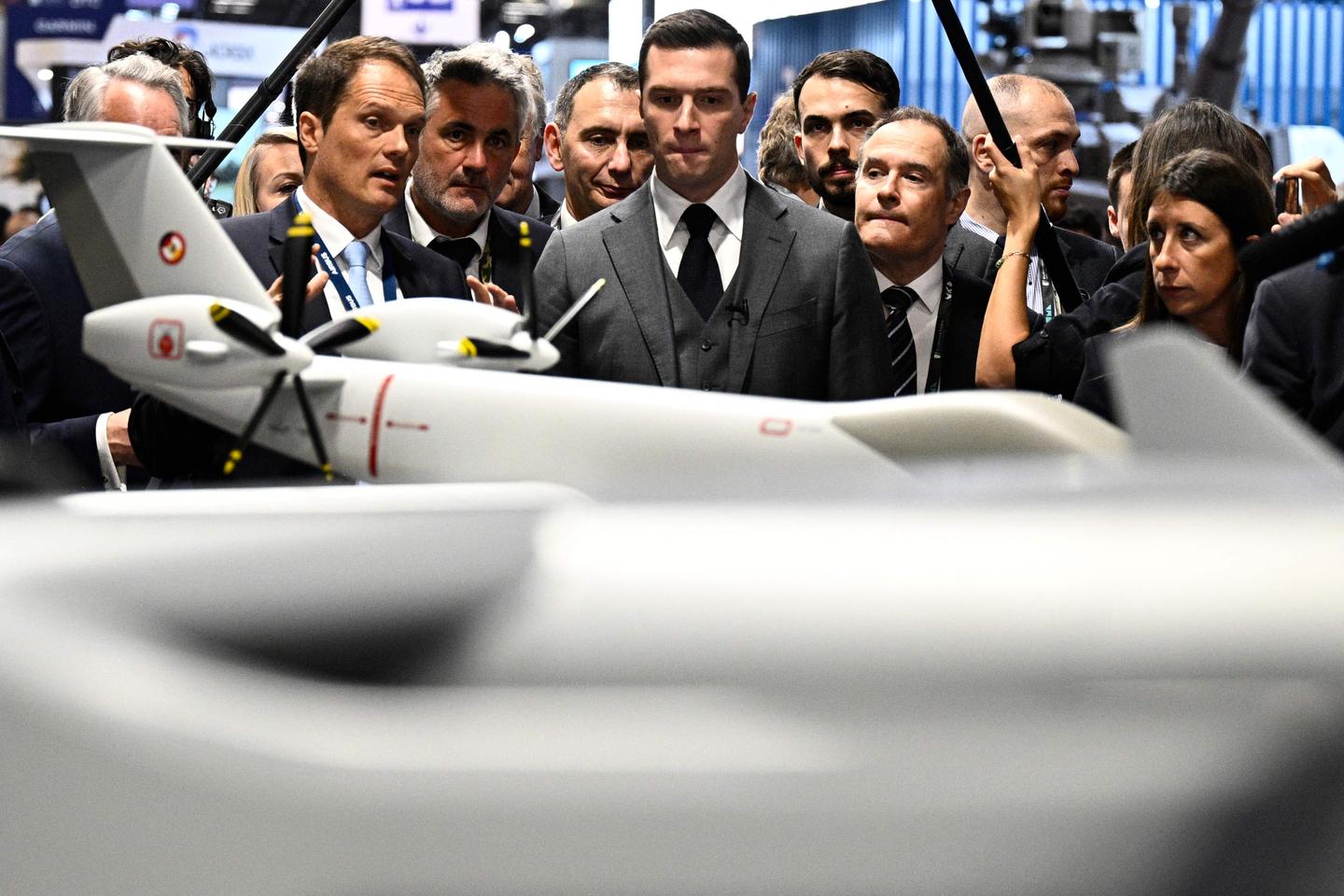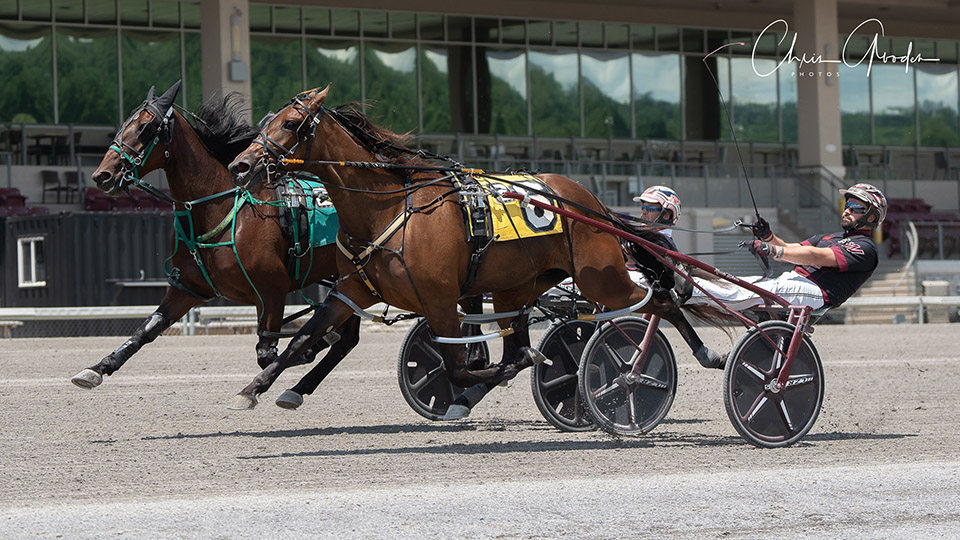The French extreme right’s quest for a serious image


“Ukraine must be able to defend itself,” said Jordan Bardella, leader of the Rassemblement National (RN), on Wednesday June 19, confirming the repositioning of the far-right party, which has sought over the past two years to distance itself from its previous support for Russia, but without completely dispelling suspicions fuelled by the party’s persistent ambiguity on the issue.
Speaking at the Eurosatory global defence and security exhibition in Villepinte (north-eastern suburb of Paris), Bardella did not comment on what form aid to Kyiv might take if he becomes prime minister after the French parliamentary elections on June 30 and July 7. But he did set out “red lines”. He said the supply of long-range missiles and weapons that could “hit Russian territory” was out of the question in order to “avoid any risk of escalation”. Unsurprisingly, he also reiterated the RN’s opposition to the deployment of French troops to Ukraine, which Emmanuel Macron has regularly expressed since February.
In another sign of the RN’s diplomatic shift, Bardella said he had no intention of questioning France’s international defense commitments, stressing the importance of maintaining “credibility with our European partners and NATO allies,” contradicting Marine Le Pen’s promise during the 2022 presidential campaign to leave the alliance’s integrated command in the name of France’s “independence.”
Even more embarrassing, the RN candidate, who had expressed her “admiration” for Vladimir Putin until the Russian offensive in Ukraine, publicly advocated “dialogue” and an “alliance with Russia on certain fundamental issues”, such as European security, “which cannot exist without Russia”, or the fight against terrorism, “which it has ensured more consistently than any other power”. The part of Bardella’s political programme devoted to defence, which contained these commitments, recently disappeared from the RN website. It remains accessible, however, in the archives.
Bardella had already discussed the situation in an interview with The opinion in February 2023, in which he lamented the “collective naivety” that he believed the RN had shown towards the Russian president until the offensive on February 24, 2022. The next day, Le Pen followed suit, denouncing in a letter to the French people a “clear violation of all legal principles” and a “political and moral error”. However, she did not approve of all the retaliatory measures against Moscow. While she considered some of them “legitimate”, she described the energy measures as “hasty and somewhat ill-considered” for economic reasons. Nevertheless, a remarkable change has occurred, since six months earlier she had called for these measures to be abandoned altogether.
You still have 45.41% of this article to read. The rest is for subscribers only.

:max_bytes(150000):strip_icc():focal(749x0:751x2)/Megan-Thee-Stallion-White-Party75-07052024-405d93eafdf947d490cb35be92dcd871.jpg)

